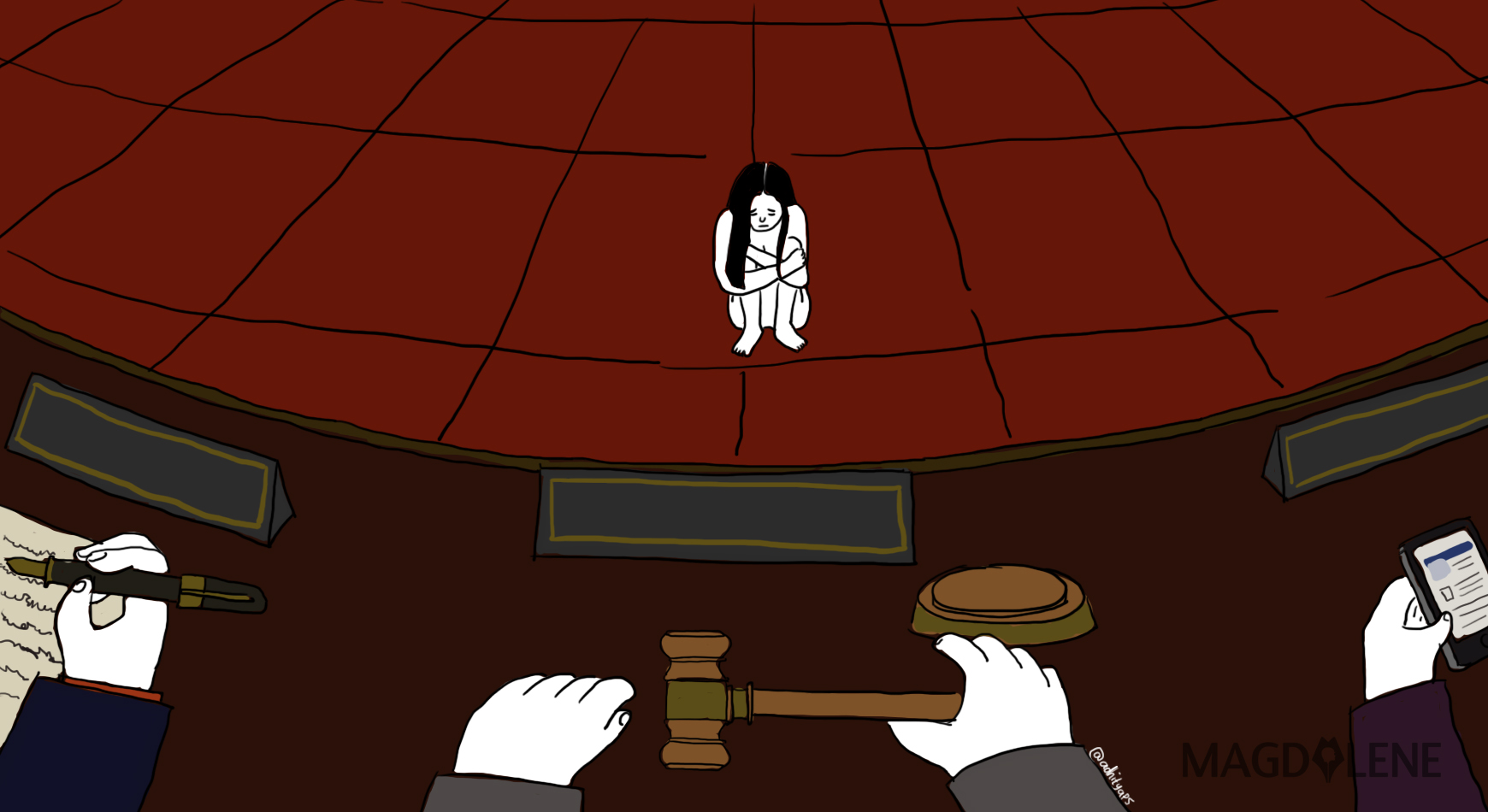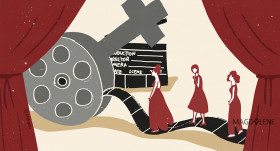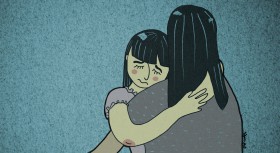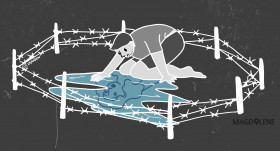Announcing the organization’s 2017 annual report last year, LBH APIK Director Veni Siregar said domestic violence still tops the list of cases of violence against women handled by the organization last year.
“From a number of cases handled by the organization, we often find various legal obstacles when it comes to violence against women, especially in court,” said Veni during a press briefing last week.
Often court decisions do not take into account the concerns of the victims, she said.
Women victims are often placed in a difficult position in court. For example, male judges trying rape victims often ask insensitive and offensive questions such as what the victim wore when she was raped or if she had an orgasm during her assault.
“Women victims are victimized, criminalized or made to assume responsibility for the violence they experienced,” said Veni.
Adding to this is a culture that not only does not support victims of violence, but further stigmatizes and blame them, particularly survivors of sexual violence.
LBH APIK Legal Service Coordinator, Uli Pangaribuan, said that of the 648 reports received by the organization last year, only 26 had made their way to the court. The cases reported fall under 11 categories, from domestic and sexual violence, violation of basic rights, to abuse or mistreatment of victims in court.
“The legal process of violence against women will still take a long time, as long as the safety of the victims is not guaranteed,” she said.
“We need a legal system that is fast and cheap, and can help the recovery of the victim during and after the trial process,” said Uli.
LBH APIK calls for the establishment of an Integrated Criminal Justice System (ICJS) for the Handling of Cases of Violence Against Women (SPPT-PKKTP) to respond to situations experienced by women victims of gender-based violence.
“The system should ensure access to easy and affordable services to women victims,” said Uly.
Also attending the discussion, Jakarta High Court Judge, Sudirman WP, underlined the role of the 2017 Supreme Court Regulation No. 3 on the Guidelines on Prosecuting Legal Cases Involving Women to encourage judges to adopt the perspective of the women victims in trying their cases.
“Law enforcement must implement this policy in order to determine the appropriate choice of advocacy model according to the character of the case being handled,” Sudirman explained.
Ratna Batara Munti, LBH APIK Coordinator for Legal Reform, noted that many types of sexual violence are still not addressed by the current law, reminding the urgency to pass the bill on the prevention of sexual violence.
“Through gender-structural approach, LBH APIK Jakarta advocates policy changes so that we will have a legal system that takes side with the victims,” she said.
Find out what this group of teens in Sulawesi does to stop child marriage and follow @bunnnicula on Twitter.









Comments